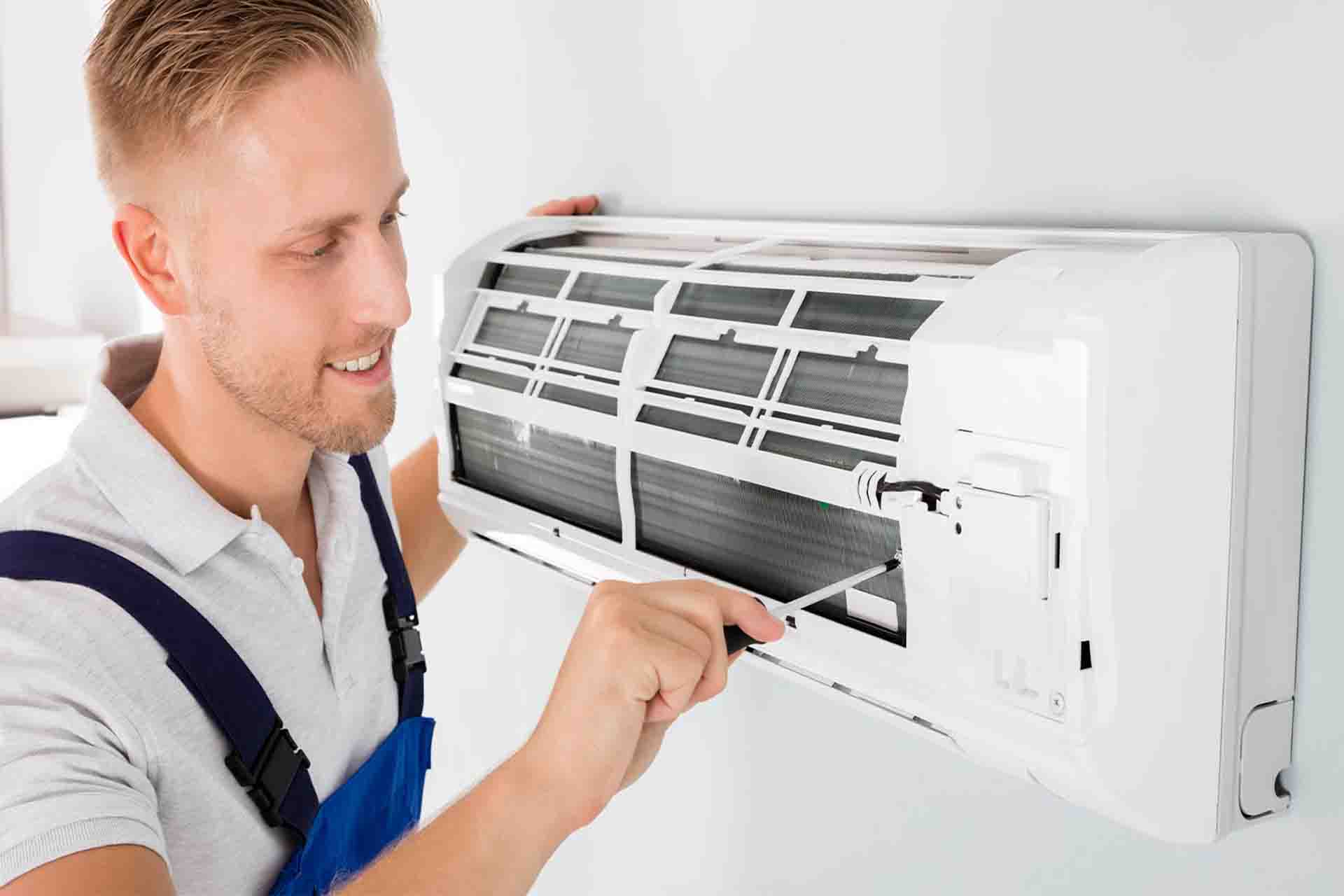When the seasons change, the demands on the demands on your heating, ventilation, and air conditioning system commonly known as HVAC. Grasping how it operates of your HVAC system maintaining your home comfort in your home year-round. As you prepare for winter’s cold and the夏季的酷热, investing effort to prepare your HVAC system can help avoid expensive failures, improve energy efficiency, and improve indoor air quality.
Here you will find key checklists for seasonal HVAC care that ensures the smooth operation of your system throughout the year. From the most common HVAC problems and helpful tips to reduce your energy costs, we will walk you through all the necessary information. Whether you are a novice or have some experience with HVAC systems, our comprehensive tips will help you achieve a comfortable and healthy living environment.
Comprehending Heating, Ventilation, and Air Conditioning Technologies
HVAC, which stands for heating, ventilation, and air conditioning, is a vital technology in modern homes and buildings that guarantees comfort through temperature regulation and air quality control. At its heart, HVAC systems perform three essential functions: heating, cooling, and ventilation. By managing the indoor climate, they assist create a comfortable living environment irrespective of external weather conditions. A variety of systems combine these functions into a consolidated unit, whereas others might involve separate components for each function.
The heating component typically uses boilers or thermal pumps to elevate the temperature of the indoor air during frigid months. Furnaces function by generating heat through various energy sources, while heat pumps convey heat from outside to the indoor space. In https://dev-westudy.accedo.gr/members/pastetrial7/activity/2319452/ , the cooling aspect primarily relies on air conditioning units that remove heat from the indoor air, using refrigerants to cool down and dry out the space efficiently. These systems work in conjunction with ductwork or fans to circulate warmed or cooled air throughout the home.
The ventilation process, the third necessary function of HVAC systems, entails the exchange of indoor air with clean outdoor air. This process is key for maintaining indoor air quality and removing pollutants, allergens, and moisture that can build up over time. Different forms of ventilation exist, including natural ventilation, forced ventilation, and equilibrium systems. Together, these elements and functions work to create a wholesome and inviting indoor environment suitable for all residents.
Heating, Ventilation, and Air Conditioning Care and Efficiency
Regular service of your HVAC system is vital for ensuring optimal performance and efficiency. A well-maintained system works more efficiently, which can lead to lower energy bills and enhanced comfort levels in your home. Fundamental upkeep tasks consist of replacing air filters on a regular basis, inspecting for any leaks in ductwork, and confirming that the outdoor unit is clear of debris. Organizing annual professional inspections can also help detect potential issues before they become significant problems.

Another critical aspect of HVAC efficiency is proper thermostat management. Setting your thermostat correctly for each time of year can result in a significant difference in energy consumption. For cold months, try lowering your thermostat a few of degrees when you are away or asleep. In the hot months, raising the temperature a bit when you are not home can reduce cooling costs. Additionally, utilizing programmable thermostats can enhance your HVAC system's functionality by dynamically adjusting settings based on your habits, further enhancing efficiency.
Interior air quality is interconnected with HVAC performance. Consistent maintenance practices can stop dust, mold, and allergens from moving in your home, which can negatively impact air quality and increase the workload on your HVAC system. Picking the right air filters and ensuring sufficient ventilation are crucial for maintaining a healthy environment. This not only promotes your HVAC system’s performance but also adds to a more comfortable and more wholesome living space.
Seasonal HVAC Ready Set Go
Getting ready your HVAC system for the changing seasons is important to guarantee maximum performance and efficiency. For winter, it’s vital to check the heating components, including the heat source and thermo settings. Make sure to replace air filters to enhance airflow and maintain indoor air quality. Reviewing ductwork for holes and sealing any cracks can stop heat loss, helping to keep your home warm without overburdening your system.
As the warm months approaches, it's crucial to prepare your cooling system for the elevated temperatures. Begin by cleaning the outdoor unit of your air conditioner, taking away debris and foliage that could hinder airflow. Verify the refrigerant levels, and make sure that all connections are secure. Setting the thermostat to a elevated temperature while you're away can also aid lower energy bills, allowing your HVAC system to run more efficiently.
In each seasons, arranging a professional tune-up can provide further peace of mind. Technicians can identify and rectify potential issues before they become significant problems, thus extending the life of your HVAC system. https://telegra.ph/Comprehending-HVAC-Scores-SEER-and-Annual-Fuel-Utilization-Efficiency-Elucidated-02-28 is essential to promoting energy efficiency, enhancing indoor comfort, and avoiding expensive repairs later on. By following these seasonal preparations, you guarantee that your home remains enjoyable year-round.
